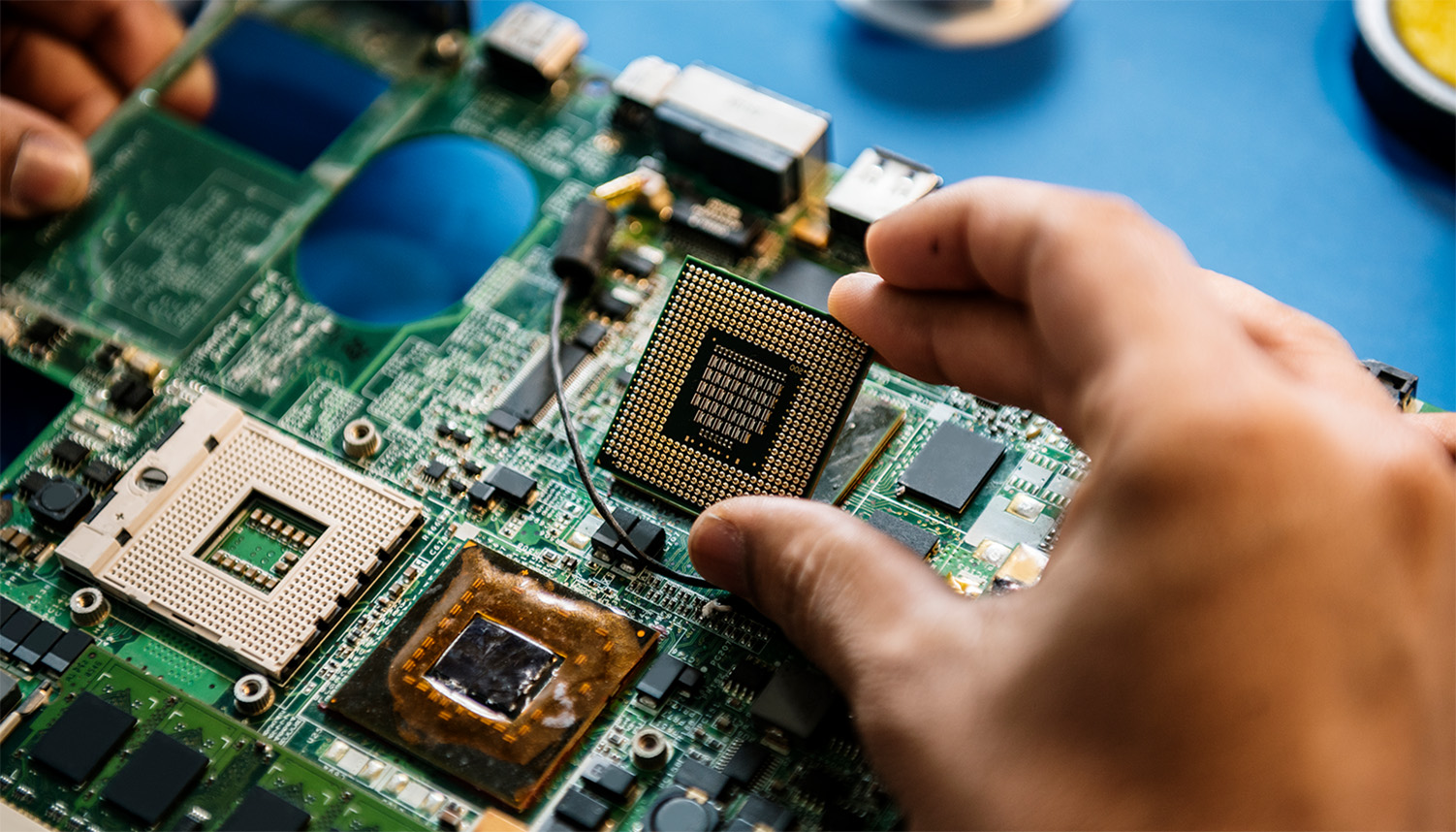Why
EAS
Why Engineering and Applied Sciences?
The school provides students with enormous knowledge that builds their ability to apply theories, abstraction, design, and implementation to solve real-life problems. The program has a strong lab-based learning emphasis and culminates in capstone projects, to design and implement practical computing systems that meet the scientific, technological, and administrative needs of business and industry in the global economy.
School Programs


Architecture and Urban Design
The program adopts a multidisciplinary, people-centred approach that interrelates various specializations (architecture, urban design, construction, building ecology, human behaviour, and contemporary city issues) in a planned coordination among courses.
Architecture and Urban Design


Civil and Construction Engineering
The program’s mission is to prepare graduates for professional careers in civil and construction engineering, capable of utilizing smart design concepts and materials, and adopt sustainable planning, operation, and maintenance. The program provides undergraduates with high-quality education, using modern teaching, learning and research methodologies, to acquire competencies of innovation, entrepreneurship, long-life learning, communication, leadership, and teamwork. This enables our graduates to effectively engage in regional/international industrial communities, commit to work ethics and social responsibilities, and continue to postgraduate studies.
Civil and Construction Engineering


Electronics and Computer Engineering
Electronics and Computer Engineering (ECE) is one of the most rapidly developing fields of engineering. The ECE program at Nile University is divided into two specializations: Electronics and Communications Engineering and Computer Engineering.
Electronics and Computer Engineering


Industrial Engineering
Industrial Engineering (IE) is the science of understanding the industrial and service systems and bridging the gap between management and operations in a cross-section of organizations and professional fields.
Industrial Engineering


Mechanical Engineering
Mechanical Engineering (MENG) is utilizing cutting–edge, advanced computing, smart sensors and electronic technology to design and manufacture automated products for the future complying with both local and global design codes to ensure safety.
Mechanical Engineering


Master of Science in Mechatronics Engineering
Master of Science in Mechatronics Engineering is one of the few Interdisciplinary serving a diverse domain of application and industry. It integrates mechanical, electronics, control and computer engineering to develop new end-user products, production systems and automated service establishments that incorporate all those interfaces together.
Master of Science in Mechatronics Engineering


Master of Microelectronics System Design
Nile University's Microelectronics System Design program focuses on state-of-the-art Integrated Circuit (IC) design and design methodologies. A special emphasis is placed on design flow, system-level issues, and Electronic Design Automation (EDA) tools, including modeling, synthesis, and simulation at various levels of abstraction.
Master of Microelectronics System Design


Master of Engineering in Microelectronics System Design
The Master of Engineering in Microelectronics System Design aims to develop practical capabilities, scientific thinking, and development in the student's chosen field. This is done using modern scientific methods and techniques by studying several advanced academic courses, conducting an applied project, and presenting it through a scientific report.


